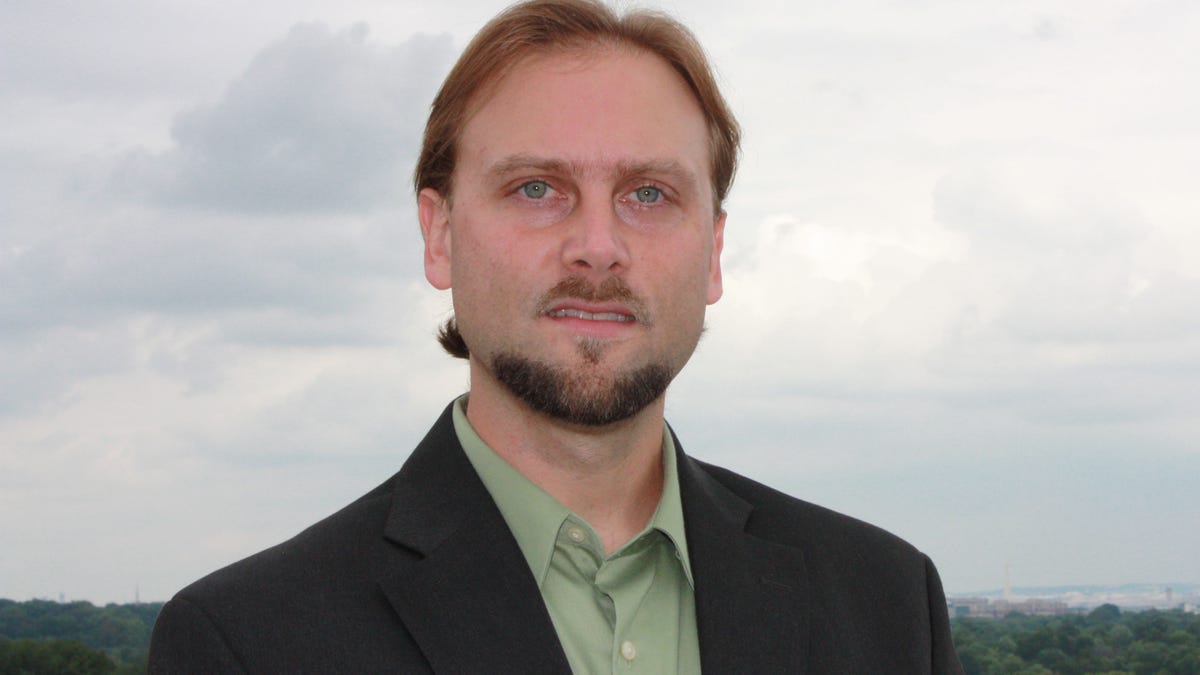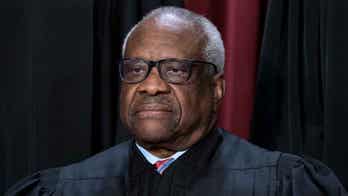
A little over a week ago, Ecuador’s President Rafael Correa led that Andean nation to yet another national level electoral process, it’s sixth in the three years of the Correa administration.
In this referendum, the president asked the country to decide on 10 questions. The questions were as far ranging as a national ban on bull-fighting to a national ban on gambling and casinos.
Nevertheless, there were two questions that emerged as the most controversial. The first asked the citizens for permission to abolish the Supreme Court, to be replaced (for 18 months) by a “transitional judicial council” made up of three members: one selected by the president, another by the Congress (controlled by the president), and the third from the Transparency and Social Control, another branch of government also controlled by the president.
The second question was permission to establish a communications law that would allow the government to regulate content to assure it did not contain messages of “violence, explicit sexuality content or discriminatory messages.” As I write this, the final results are still outstanding; however, it appears that the “yes” vote won by a narrow margin on all 10 questions.
The process of taking citizens to national level referenda is a hallmark of the Bolivarian Alliance countries, which are led by Venezuela. These countries, who vociferously proclaim they are seeking to establish a “New World Order,” have set in place a populist model called participatory, protagonist democracy – to replace representative democracy.
This model claims that the will of the majority supersedes the progressive, universal, inalienable, and irreversible nature of human rights, as set in the Universal Declaration of Human Rights and the International Covenant on Civil and Political Liberties. The Ecuador election is a perfect example of how this works.
In this case, Correa used political winds to select the perfect moment – a time when his personal popularity would assure victory – to propose complicated and nuanced questions to a politicized citizenry. To understand this better, we can take a closer look at the questions.
Question No. 4 asked the people to substitute the Supreme Court for one, in effect, controlled by the executive. Naturally, this is an authoritarian’s dream. The best defense against the creeping power of the executive is a strong court system, and the courts in Ecuador have stood against the power of Correa enough times to make them a target.
In Venezuela, another ALBA member who has succeeded in controlling their courts, the president of the Supreme Tribunal of Justice famously said, “Separation of powers weakens the state.”
President Correa can now have his Supreme Court parrot the Venezuelans, and carry out his wishes.
Question No. 9 allows the government to create a regulatory commission to police the media for abuses of a sexual, discriminatory or violent nature. Authoritarian governments often forget that it is the media’s job to regulate and watch over the government – not vice versa.
Nevertheless, many supporters of overactive government applaud state micro-management of the media, even pointing to the United States’ FCC as an example. Again, we have an example from another Bolivarian country to fall back on.
In Bolivia, a new anti-racism law was passed last year, despite intense opposition, for fear of the politicized use of this law. This year, the Morales government has decided to use the law to prosecute several media outlets for “defamation of character” of the national police.
These outlets were investigating and reporting on the former Bolivian Drug Tzar Rene Sanabria’s involvement in leading a drug smuggling ring, a fact that embarrassed the Morales administration.
Correa has asked the Ecuadorian people to eliminate institutions that protect them – and place their trust in him and his team. Only in this way, Correa repeats ad infinitum, will they be unable to undo the ills of the past and provide for the “basic needs of the majority.”
This anti-institutionalism is a hallmark of the Bolivarian Alliance countries. In Venezuela, Bolivia, Ecuador and Nicaragua, leader after leader asks the citizens, through unending plebiscites, to hand over their institutions – and even their basic rights – to a powerful caudillo.
This populist personalization of politics would be dangerous in any country. But I would be remiss if I did not encourage a closer look at the people who are asking for unlimited power.
On May 12, 2011 in Washington, D.C., the London-based International Institute for Strategic Studies released a book called The FARC Files. This book, taken from an analysis of the documents of infamous FARC commander Raúl Reyes after he was killed in 2008, lays out some disconcerting ties. It shows a deep relationship between the FARC and Correa.
Correa even requested personally $400,000 for his 2006 presidential campaign. As Nigel Inkster, director of Trans-National Threats at the Institute, stated in his presentation of the analysis, “When Rafael Correa declared his presidential candidacy in 2006, FARC was initially unimpressed by his leftist credentials, but as his popularity increased and his radical potential became more evident, FARC contributed approximately US$400,000 to his campaign ($100,000 apparently came directly from FARC itself, and a further $300,000 from its allies) at a critical juncture.”
A man who received such important sums from a terrorist group would – in any country in the world – be sent to prison. Instead, in Ecuador, he was given the keys to the kingdom.
This is the reason we need institutions. They serve to defend our progressive, universal, inalienable, and irreversible human rights from individuals – whomever they may be. Individuals are corruptible. They often do not state their true desires or objectives.
To de-institutionalize a country upon the requests of one person (or a segment of the country) upon calls of retaliation, retribution, and revolution will always lead to misery.
In Venezuela, this process is in its 13th year and, despite the disaster, shows no signs of letting up. In Ecuador, thanks to dollars from the FARC and a charismatic president, the process looks to be just beginning.
Joel D. Hirst is an International Affairs Fellow in Residence at the Council on Foreign Relations. You can reach him at jhirst@cfr.org, www.joelhirst.com and www.twitter.com/joelhirst
Follow us on twitter.com/foxnewslatino
Like us at facebook.com/foxnewslatino




